Table of Contents
- Flow of Illicit Money in Central America Increases - THE PANAMA PERSPECTIVE
- Chris The Photog: Money,Money,Money
- Heroes on money: A representation of PH history | ABS-CBN News
- Why It's Never Too Late to Fix Your Finances | Money
- What Is Money? From Aggry Beads To Digital Dollars
- Smart Beta ETFs: How are they different from traditional ETFs? - Money ...
- The tyranny of service providers’ global rate cards | CIO
- Markets and Properties of Money - Kidpid
- Why It's Important to Define Money Correctly | Mises Institute
- दशैँको लागि आजबाट नयाँ नोट साट्न पाइने - Good News24
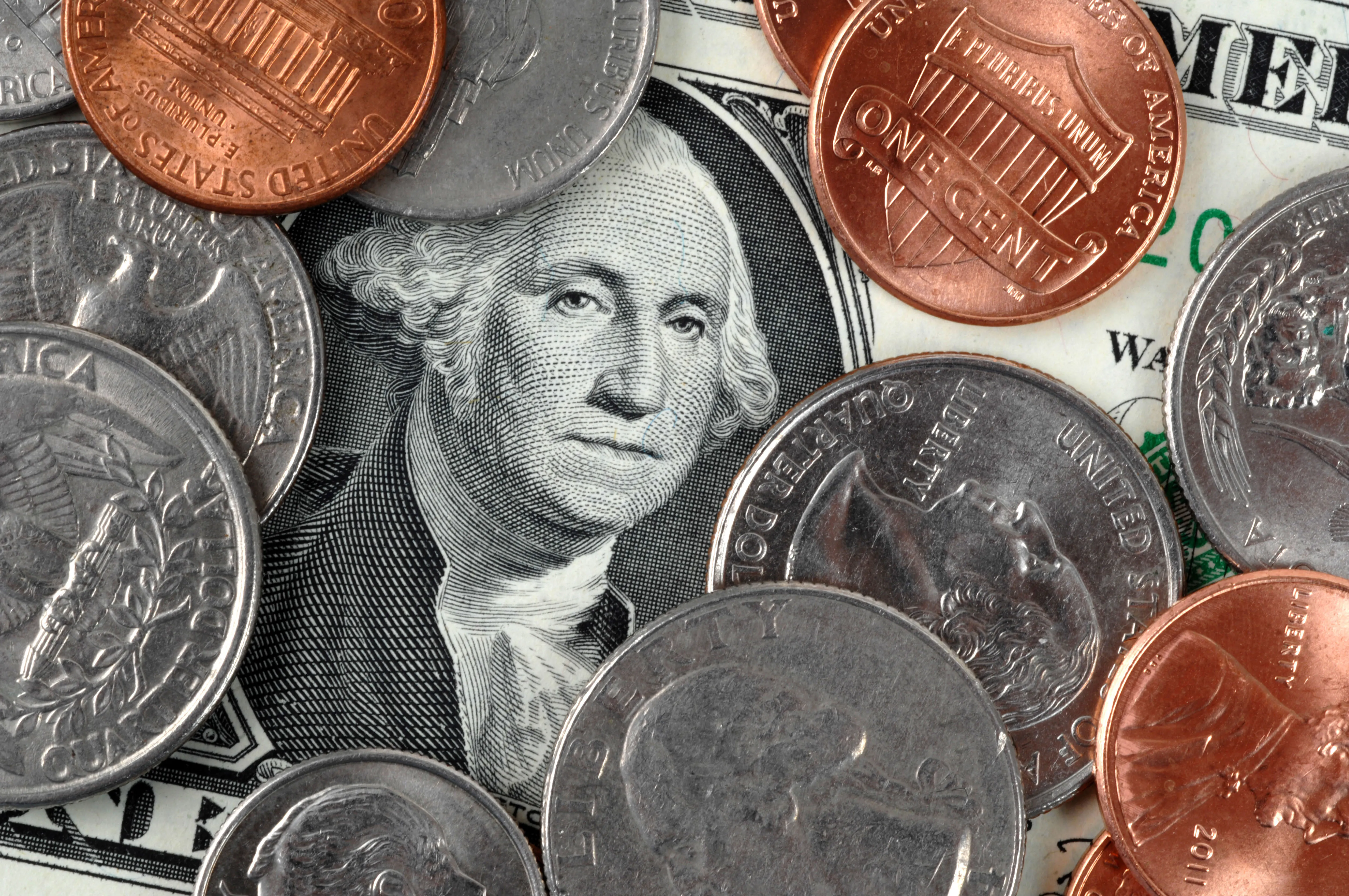
Money is a fundamental aspect of our daily lives, and its significance cannot be overstated. But have you ever stopped to think about what money really means? The Cambridge English Dictionary defines money as "the coins or banknotes that are used as a medium of exchange, or the amount of these that someone has." In this article, we will delve deeper into the concept of money, its definition, and its various forms.

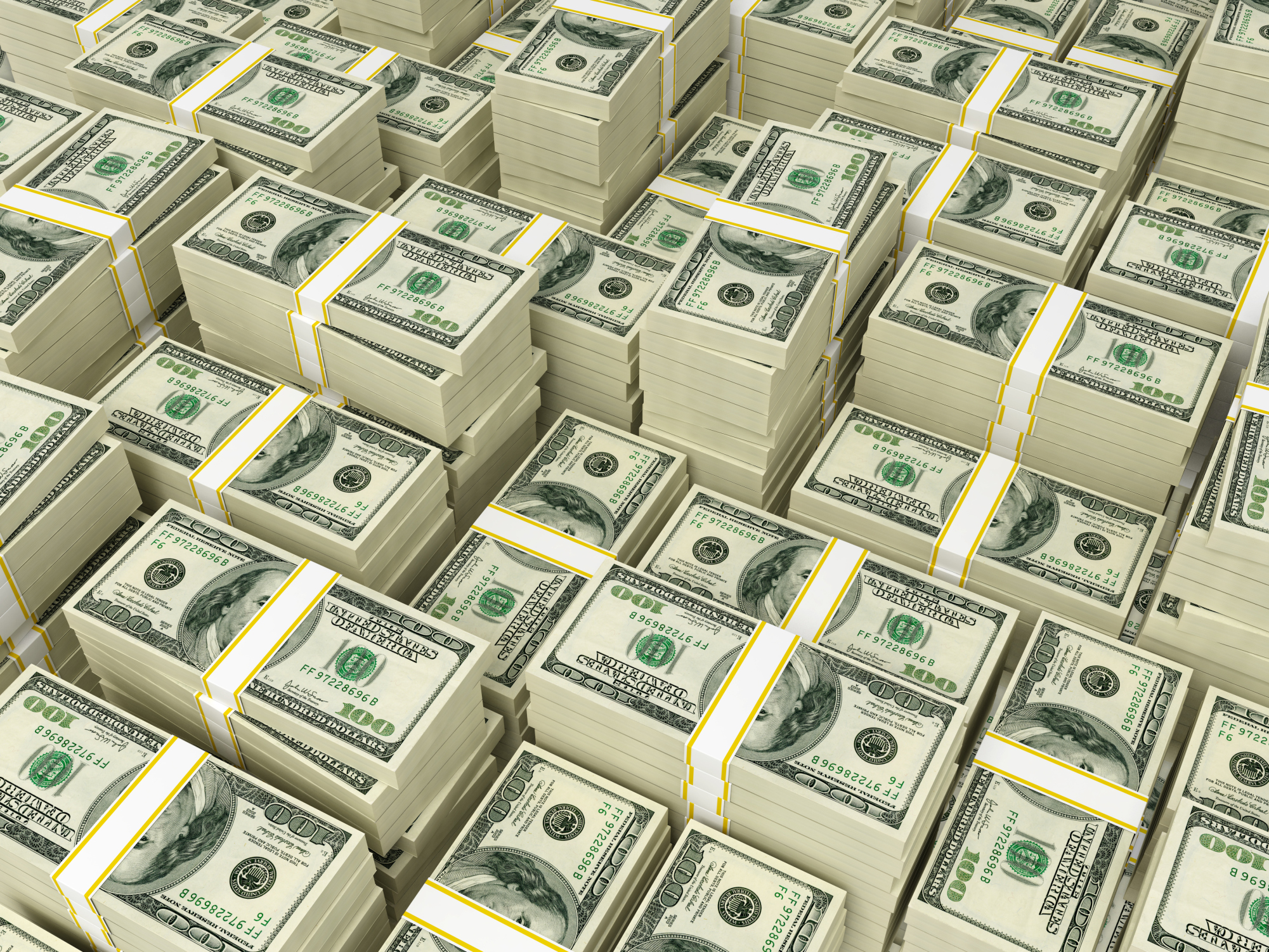
Definition of Money in the Cambridge English Dictionary

According to the Cambridge English Dictionary, money is defined as "the coins or banknotes that are used as a medium of exchange, or the amount of these that someone has." This definition highlights the dual nature of money, which serves both as a medium of exchange and a store of value. In other words, money allows us to acquire goods and services, and it also represents the value of our assets and wealth.
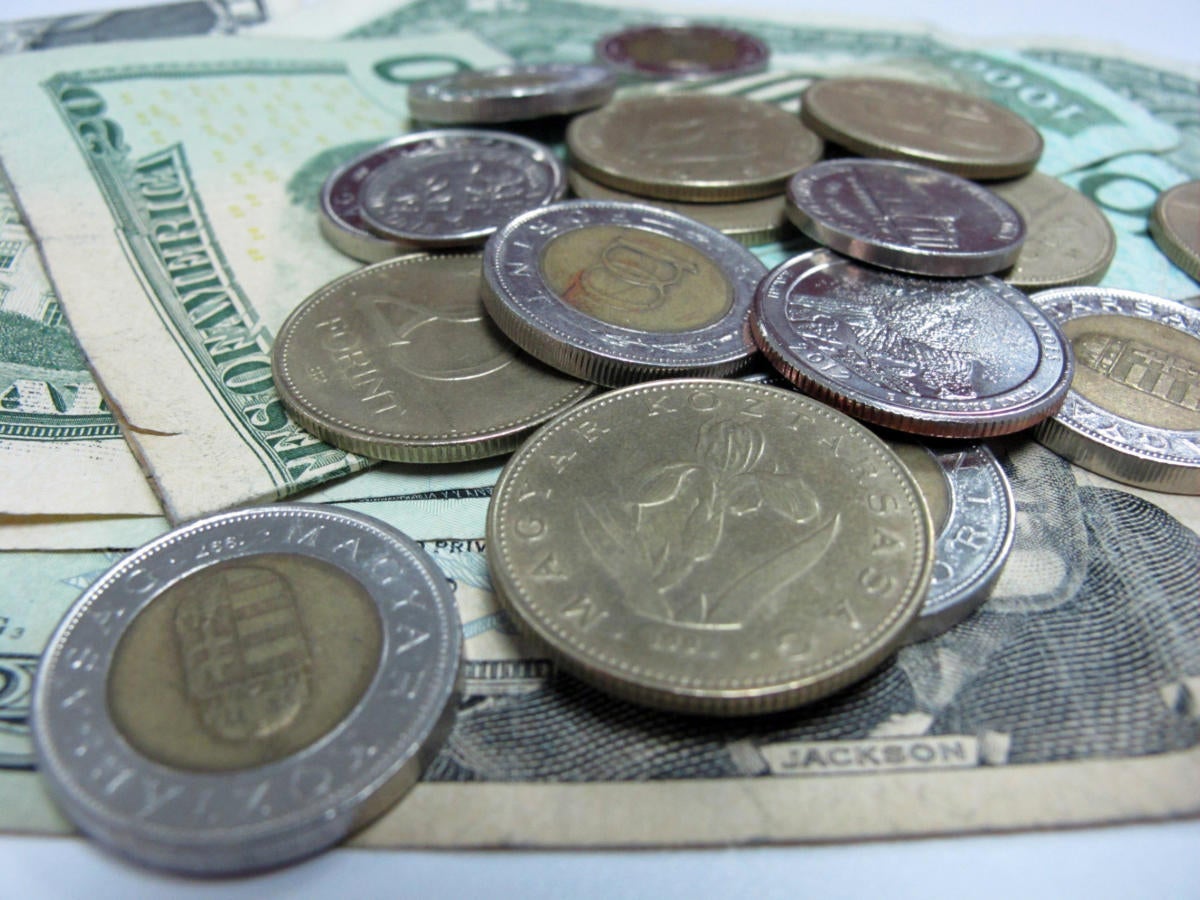

Forms of Money
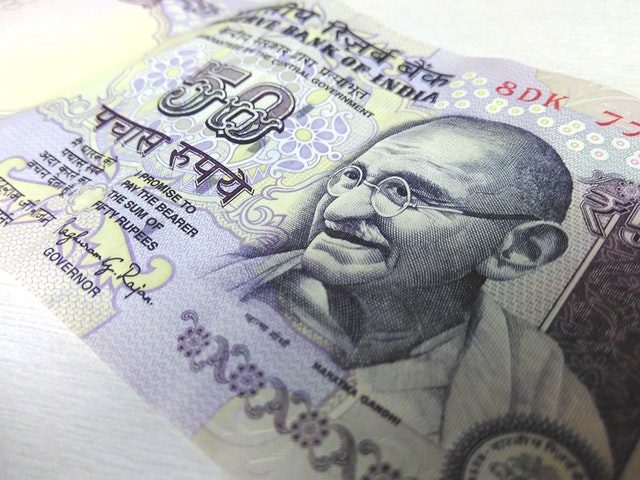
Money comes in various forms, including:
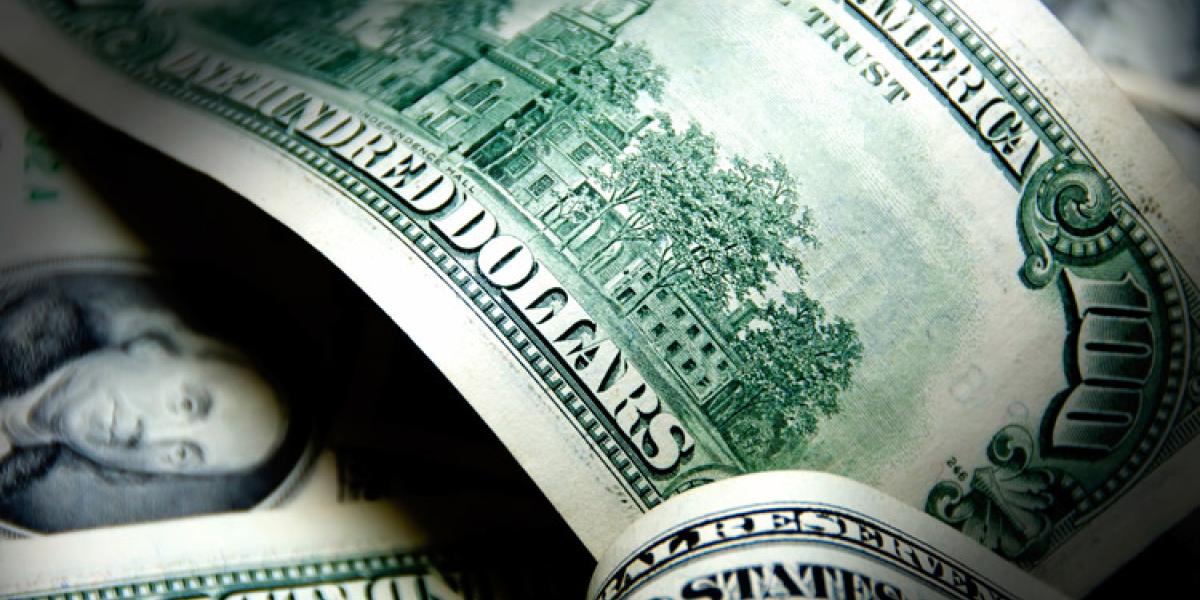
- Cash: Coins and banknotes that are widely accepted as a medium of exchange.
- Digital money: Electronic forms of money, such as credit card transactions, online payments, and mobile payments.
- Commodity money: Goods that have intrinsic value and are used as a medium of exchange, such as gold and silver.
- Fiat money: Currency that has no intrinsic value but is backed by a government's guarantee, such as paper currency.

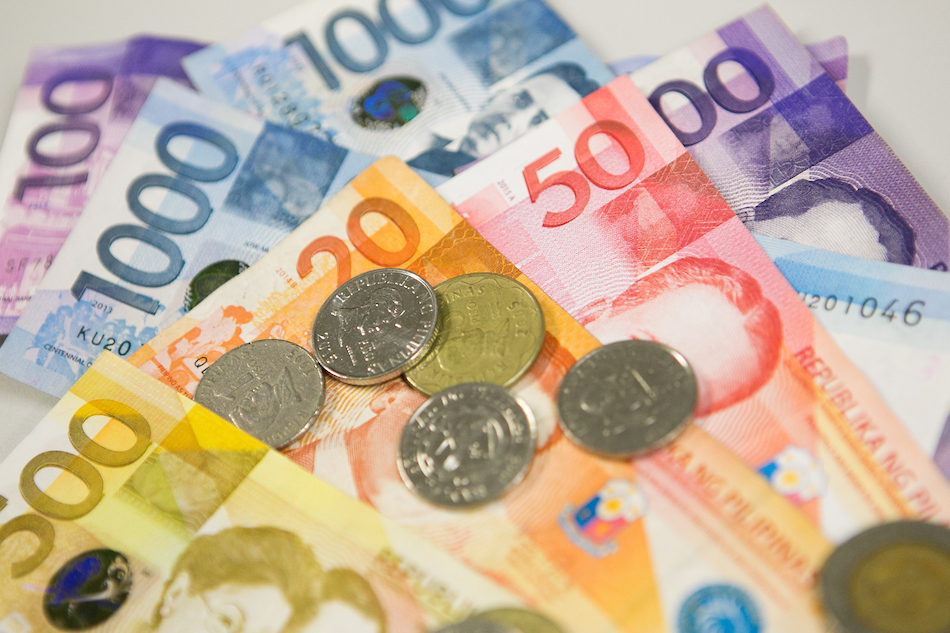
Functions of Money
Money serves several important functions in an economy, including:
- Medium of exchange: Money enables us to buy and sell goods and services.
- Store of value: Money allows us to save and store value for future use.
- Unit of account: Money provides a standard unit of measurement for the value of goods and services.
- Standard of deferred payment: Money enables us to borrow and lend money, with the promise of repayment in the future.
In conclusion, money is a complex and multifaceted concept that plays a vital role in our daily lives. The Cambridge English Dictionary definition of money highlights its dual nature as a medium of exchange and a store of value. Understanding the various forms and functions of money is essential for navigating the modern economy. Whether you're a student, a business owner, or simply an individual looking to manage your finances, having a solid grasp of the concept of money is crucial for making informed decisions and achieving financial stability.
By recognizing the importance of money and its various forms, we can better appreciate the significance of responsible money management, budgeting, and saving. As the world becomes increasingly digital, it's essential to stay informed about the latest developments in the world of money and finance. So, take control of your financial future and start building a stronger understanding of the concept of money today!